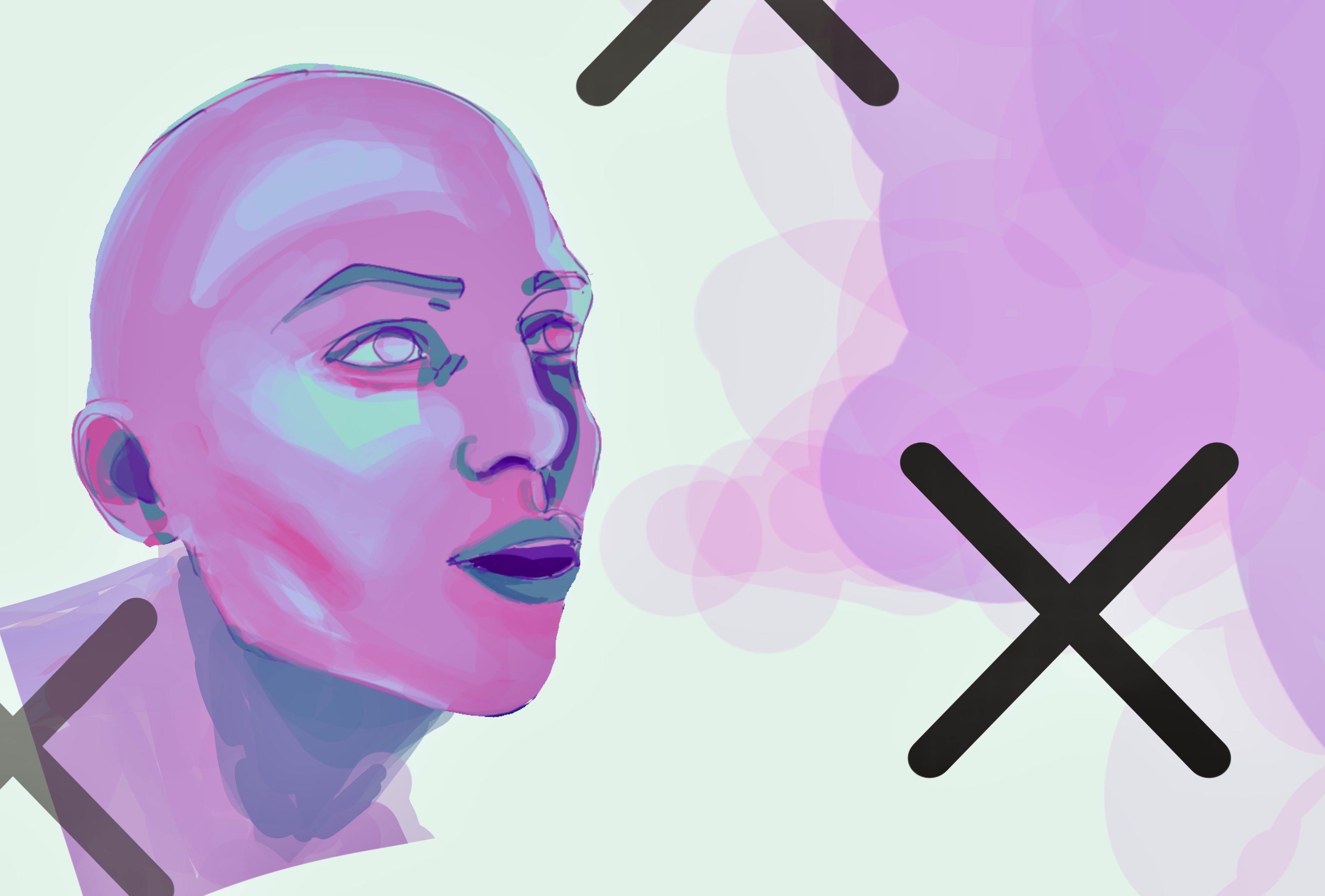
By Myra Chen
Mouth breathing is just that—breathing through your mouth. Usually gained after elongated periods of nasal congestion, it’s a hard habit to break. Although mouth breathing starts off harmless, it can quickly become out of hand, proving to have adverse results, both internally and externally.
One of the things that mouth breathing seems to combat is the occasional nose clog from allergy season. The suffocating feeling of a clogged nose should be one of the top ten most annoying conditions to deal with. Not only is it annoying, but it’s not exactly pleasant for the people around you who have to put up with your sniffling. Mouth breathing seems to be the picture-perfect solution to ceasing the noise and increasing the influx of air. However, it’s the front door entrance to a rabbit hole of health problems.
Mouth breathers often don’t notice that their mouth is open 24/7. Waking up next to a pool of drool should be a good indicator. Morning breath, dry mouth and disruptive snoring also should not be cast aside as anything out of the ordinary. While these symptoms can occur for anyone, oral ventilation magnifies the frequency of such manners, often leading to future health issues. Breathing through your mouth introduces the possibility of tooth decay and gum disease due to the constant introduction of bacteria. Over time, one can also develop a subtle lisp and other speech impediments.
Simply put, mouth breathing is an unnatural practice. Humans are programmed for nasal respiration from birth, and for a good reason. While having your mouth open is convenient and comfortable, it does not reap the same benefits as breathing through your nose does. Nose hair captures bacteria and pollutants, preventing toxins from being inhaled and entering one’s bloodstream.
Practicing breathing through your nose also brings about a safer and more efficient way to absorb oxygen. But, when one strays from the default method of breathing and becomes reliant on mouth breathing, all these benefits go down the drain.
The consequences of oral respiration apply beyond lack of efficiency. Mouth breathing also has long-term effects, appearance-wise. Originating in the 1940s, the term “mouth breather” is an insult used to describe a dopey-looking guy. Despite its negative connotation, the origin of the term is considerably accurate. Continuously breathing through your mouth can cause you to have a smaller lower jaw, a receding chin and a drooping lower chin. It is also quite common for a reversal of the changes brought about by dental braces. Shifts in bone structure don’t occur instantaneously but over time.
While external changes may not happen quickly, the habit that causes these changes is obtained quickly. Breathing works in a circle. One first starts mouth breathing because their nose is stuffy. But, their nose is stuffy because they breathe through their mouth. It’s a vicious cycle that may be difficult to break out of, but practicing in increasing time increments is the key to success. Eventually, the respiratory system becomes healthier and the weekly sinus infections would not make their rounds quite so often. Mouth breathing is most common in the ages of one to four, when you are still considered a baby. Don’t be a baby and start breathing through your nose.





